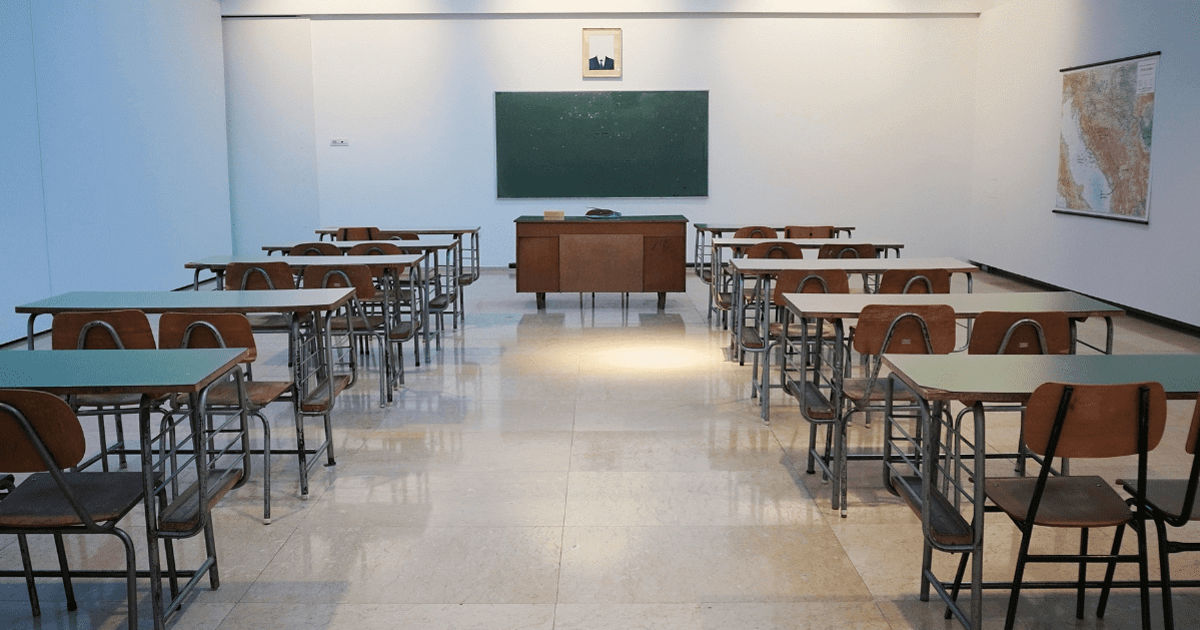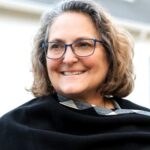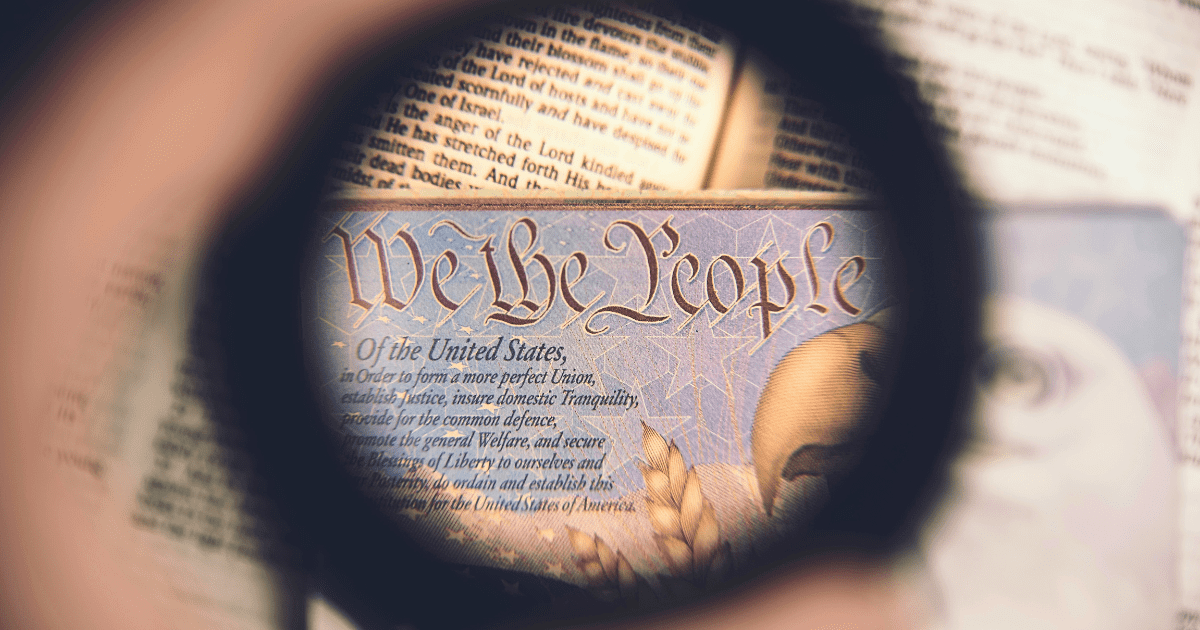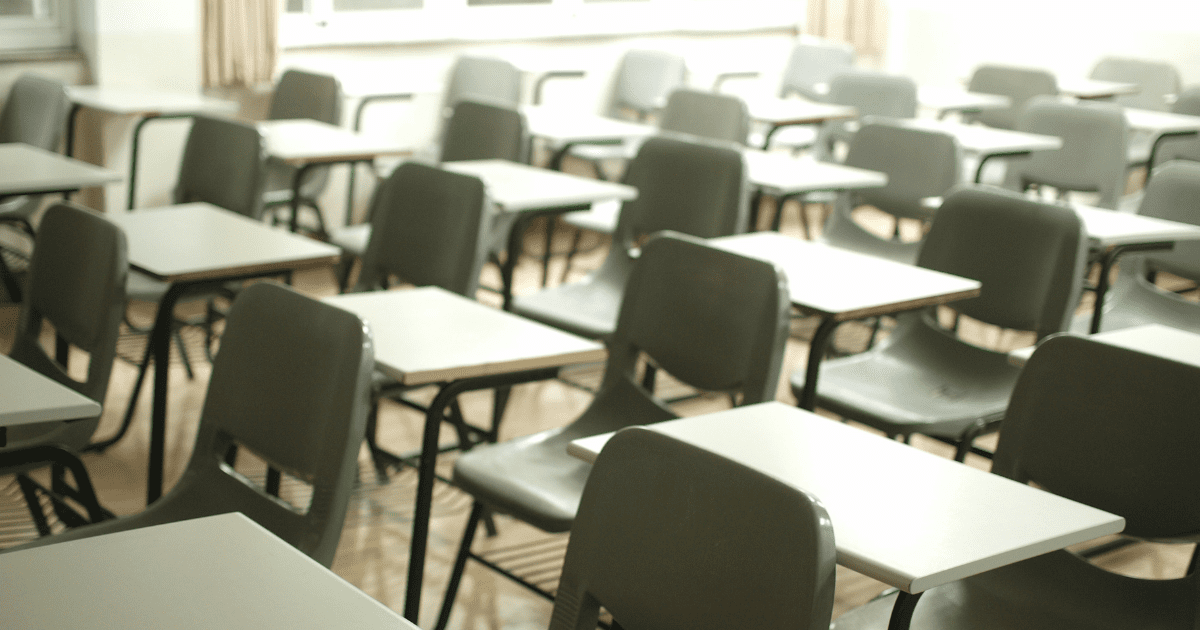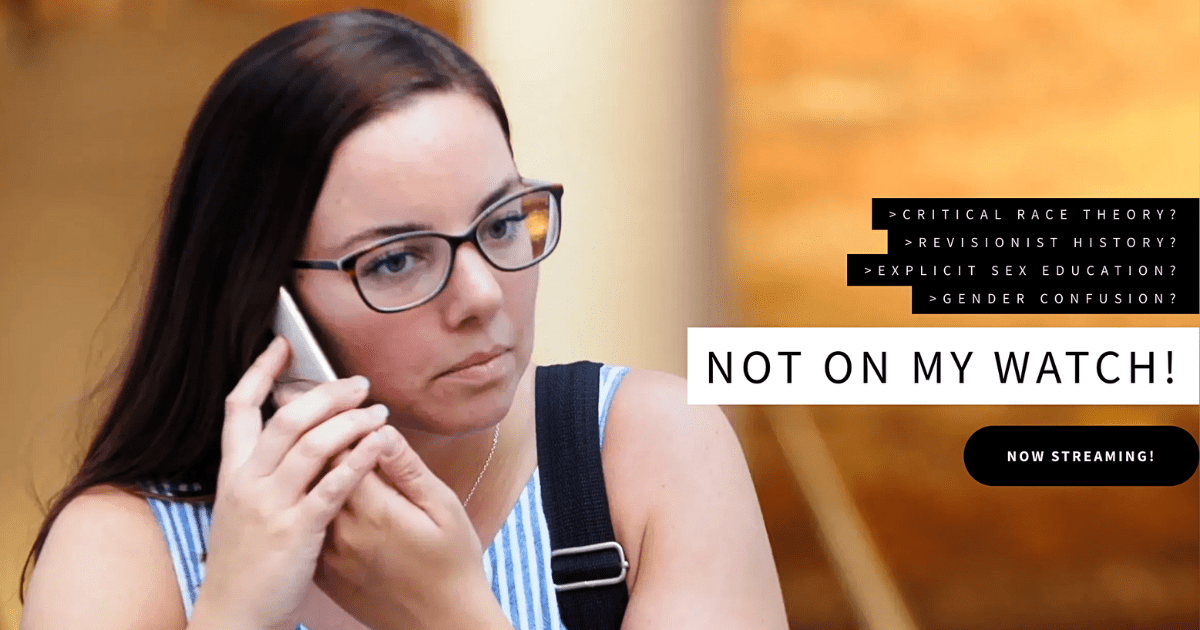By Laura Taylor
Guess what? It’s time for another trip to the grocery store! I typically have a list of items that I intend to purchase. However, recently, I have found myself walking past items like apples only to say, “4 lbs. of Honey Crisp apples are not worth $7.25; that is too expensive.” Maybe you would have done the exact opposite and purchased the apples because you heard your grandma’s voice saying, “An apple a day keeps the doctor away!” To buy or not to buy apples might seem unimportant at this moment, but there is a more important thought to consider. How do we assign value to that bag of apples?
Talking About Educational Freedom
In her article “Independence,” Lauren Gideon said, “The cost of independence is expensive, but what is the value of freedom?” The reality is that the answer to this question might look different for each of us. Just like my earlier example of buying apples, we each have different reasons for valuing homeschooling and the freedom that comes with it. How do we find a way to come together when our value of an issue might not look quite the same? In the Challenge II Guide, under the Debate strand descriptions and goals, it states, “This strand holds together the ideas that we must learn to reason and argue well, that we must learn lessons of the past, and that we must seek harmony with our fellow man.”
The unfolding of this goal in my own home has been extremely beautiful. Hard conversations are just that, hard. However, with these skill sets of reasoning, arguing well, learning from the past, and seeking harmony with our fellow man, we are given the tools to navigate through hard conversations. So, let’s get to talking! There is value in talking about Educational Freedom!
What We Know
The Wyoming Education Savings Act was signed into law on March 21, 2024, and is governed by W.S. SS 21-2-901 through 21-2-909. It will go into effect for the 2025-2026 school year.
Families with a household income below 150% of the federal poverty guidelines will qualify.
21-2-903 (a) The total amount to be deposited in an education savings account for an ESA student each year shall be determined by the student’s household income compared to the federal poverty levels, using the most recent federal poverty guidelines for the student’s household size and income, as follows; six thousand dollars ($6,000.00) for students whose household income is at or below one hundred fifty percent (150%) of the federal poverty level.
Parents must ensure their children receive instruction in core subjects and take annual proficiency tests.
21-2-904 (b) (ii) (B) Requires that the ESA student take the statewide assessments administered pursuant to W.S. 21-2-304(a) or a nationally normed achievement exam.
The State Superintendent will be solely responsible for the ESA program.
21-2-905 (b) The state superintendent shall establish procedures for approving applications in an expeditious manner.
21-2-907 (a) Before receiving payment from an ESA, a prospective education service provider shall: (i) Be certified by the state superintendent of public instruction pursuant to W.S. 21-2-906(a) to receive payments from ESAs.
What We Don’t Know
New legislatures and programs often leave us wondering how they will all come together in the end. Maybe you had some questions as you read through the new ESA program in Wyoming. I know that I did. Even as I began writing this article, I still had many unanswered questions. What an excellent opportunity to practice those rhetorical skills that we are instilling in our students! As I navigated this topic of government-funded homeschooling, I quickly realized that being educated on not only current ESA policy but also past ESA policy in other states was the most efficient way to have a voice.
What do you do if you don’t know how to bake an apple pie? You go to a reliable source. Maybe that is your grandmother, or maybe it is Pinterest. In either case, the education begins! Here are a few ways to educate ourselves and find the answers to the things we don’t know.
- In Wyoming, we are blessed with a state homeschool organization called Homeschool Wyoming. The folks at Homeschool Wyoming work diligently to defend our homeschool rights. They have read the legislation, broken it apart, and gleaned all the information available to help educate homeschool families in Wyoming. I encourage you to reach out to them and ask your questions.
- Home School Legal Defense Association (HSLDA) is a non-profit advocacy organization that makes homeschooling possible by protecting homeschooling families and equipping them to provide the best educational experience for their children. On its webpage, HSLDA offers state-specific information on home school law in a user-friendly and approachable way. Contacting and talking to an HSLDA representative is easy; they are knowledgeable and resourceful.
- Contact your local representative. They vote on our legislation; they are our voice. They have read the bills, worked with the committees, and taken phone calls from their constituents. If you are unsure of who your representatives are, you can find them by going to Wyoming Legislators.
- The Wyoming Department of Education (WDE) is another resource for educating yourself specifically about education-related topics. After not seeing some of the things I had questions about while researching for this article, I contacted the WDE. I received a return call quickly, and every question I had was answered to the best of their knowledge.
- Classical Conversations® itself also offers a variety of information on Educational Freedom. If you are new to the idea of Educational Freedom, this is the place to start!
“An educated person is not someone who knows something, but someone who can explain what they know to others.”
Leigh A. Bortins, The Core.
Let’s get educated. Let’s commit to knowing. Let’s raise awareness. Let’s explain what we know to others. If not for someone initiating this conversation with me, I would never have moved toward being better educated on educational freedom and ESAs. We have the ability to know what we didn’t know before!
Moving Forward
Let’s go back to my original question. How do we assign value to that bag of apples? It isn’t really about apples, is it? It is about the value of the educational freedoms that we currently have and the value of maintaining them. The Apostle Paul writes, “I therefore, a prisoner for the Lord, urge you to walk in a manner worthy of the calling to which you have been called, with all humility and gentleness, with patience, bearing with one another in love, eager to maintain the unity of the Spirit in the bond of peace.” (Ephesians 4:1-3)
As we move forward into the uncharted waters of Educational Savings Accounts and government-funded homeschool options in Wyoming, my hope is that we walk in a manner that is honoring to Christ, that our conversations are seasoned with humility, gentleness, grace, and patience, that we continue to love one another and strive to maintain the unity of the Spirit. Will we always agree? No. Will we answer all of the questions? Probably not. But I confidently believe we can remain unified through Christ and grow through hard conversations. It is my prayer for the state of Wyoming to continue to honor and value our educational freedoms as homeschoolers. Please join me in this prayer!

Laura Taylor lives in northeast Wyoming. She and her husband, Pete, have four children aged 11 to 17. Laura is a Support Representative for northeast Wyoming and serves as a Challenge Director in her CC Community. She strives to seek God daily, support Pete in his business endeavors, and educate their children all for God’s glory. She enjoys gathering with friends and family and avidly supports her kids’ shooting sports activities. It is her prayer that in their daily lives, they can point others to Christ and the richness that can be found in a relationship with him.





